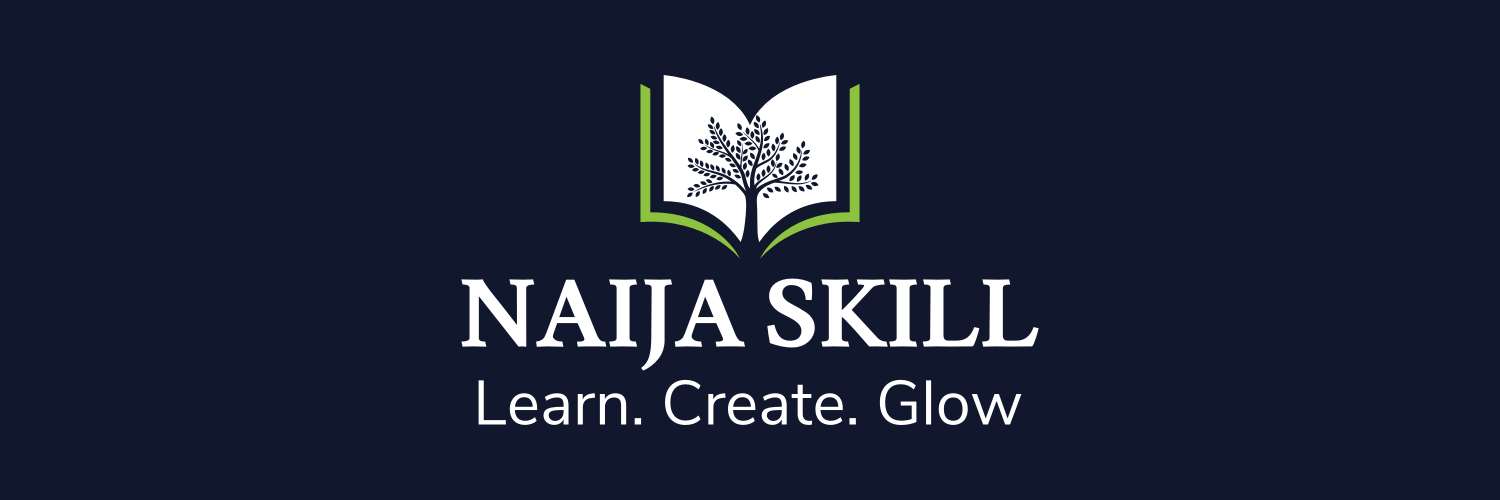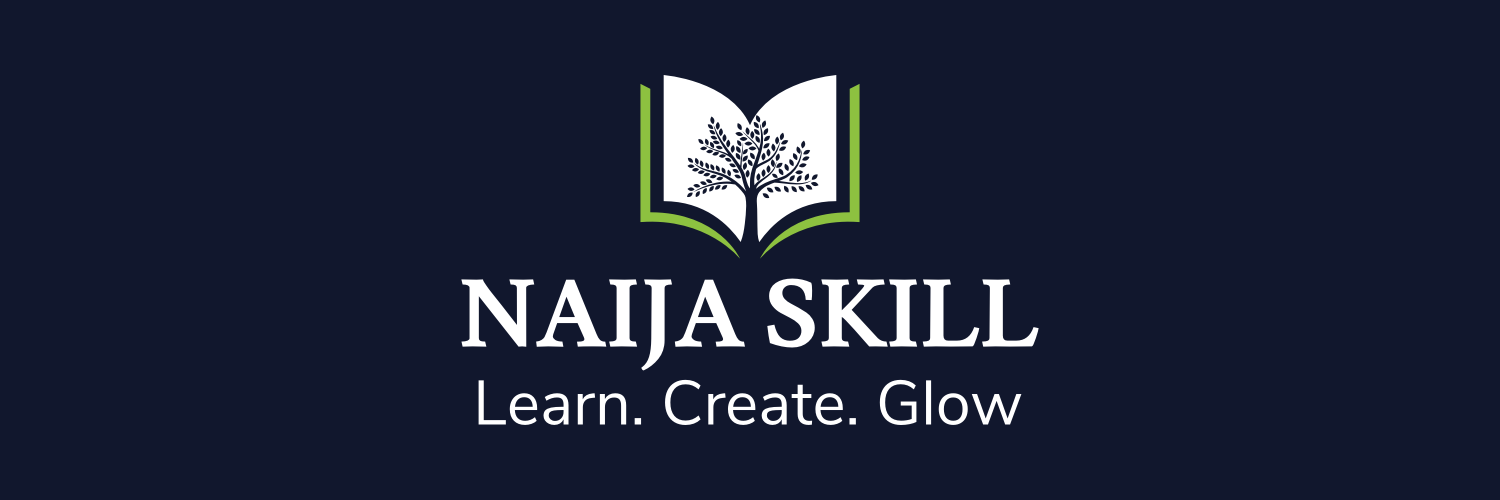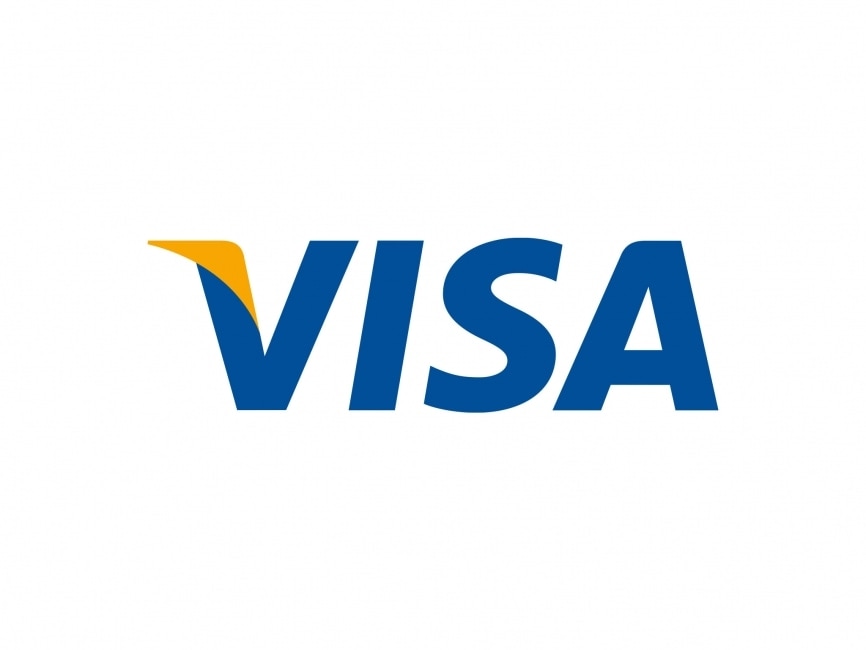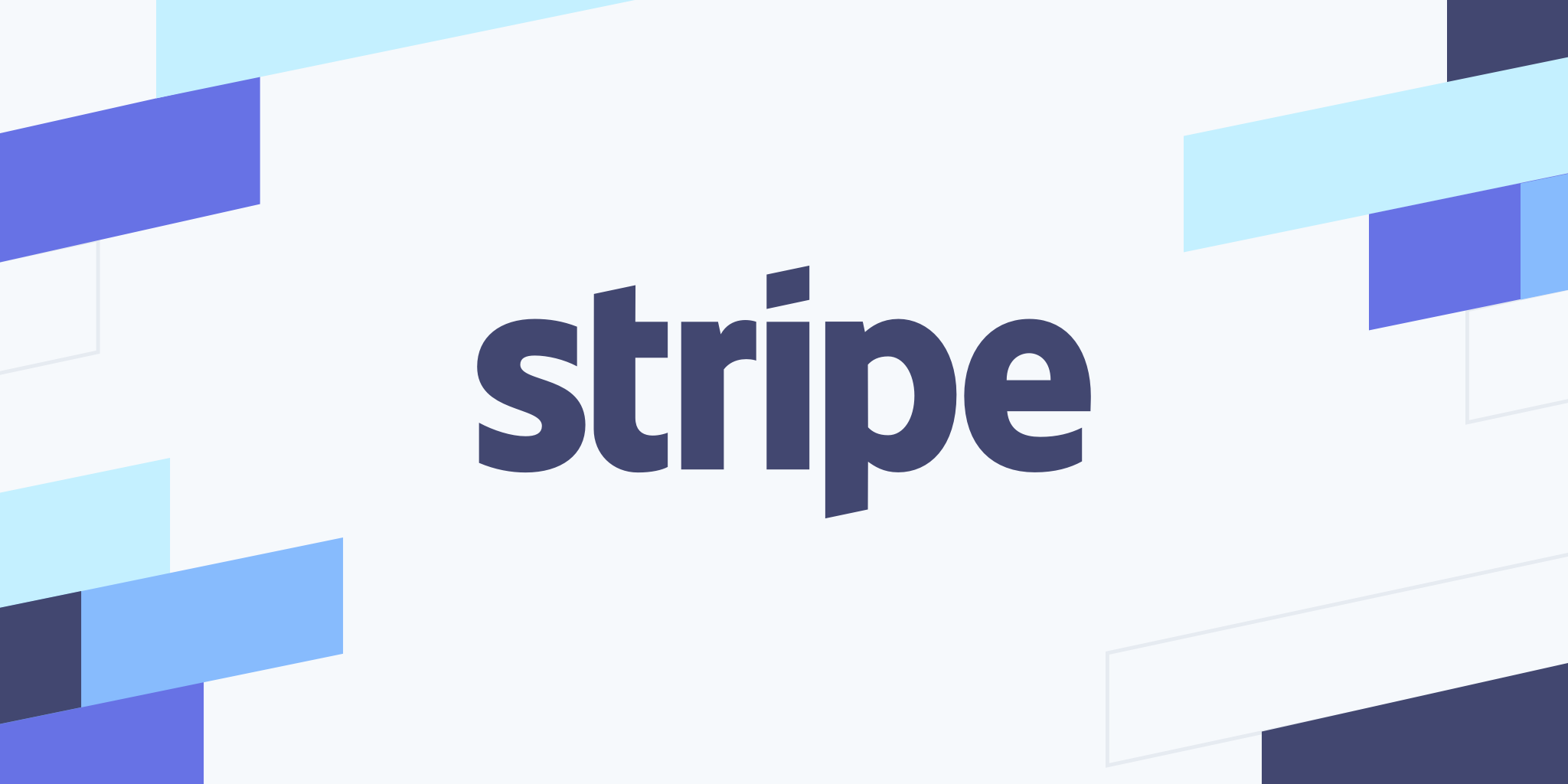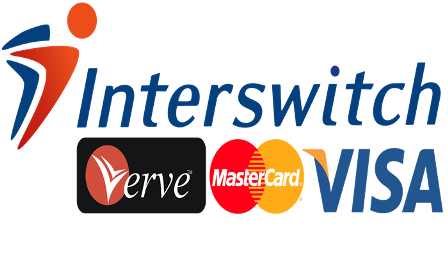License No. LX-2356736

The benefits of online education
Online education has become increasingly popular in recent years, and for good reason. There are many benefits to learning online, both for students and educators. Here are some of the most important:
- Flexibility: One of the biggest advantages of online education is its flexibility. Students can learn at their own pace, from anywhere in the world, and at any time of day or night. This is especially beneficial for working adults, parents, and students with busy schedules.
- Accessibility: Online education makes education more accessible to people who would not otherwise be able to attend a traditional school or university. This includes people with disabilities, people who live in remote areas, and people who cannot afford to relocate for their education.
- Affordability: Online education can be more affordable than traditional education. There are no tuition fees associated with some online courses, and students may be able to save money on transportation, housing, and other expenses.
- Variety: Online education offers a wider variety of courses and programs than traditional education. Students can find courses on almost any topic imaginable, from popular subjects like business and technology to niche interests like underwater basket weaving.
- Personalized learning: Online education can be more personalized than traditional education. Students can choose the courses that interest them, and they can learn at their own pace. They can also access a variety of resources, such as video lectures, podcasts, and discussion forums, to supplement their learning.
- Improved engagement: Online education can be more engaging than traditional education. Students can interact with instructors and other students in real time, and they can access a variety of multimedia resources to help them learn.
- Develop tech skills: Online learning helps students develop essential technology skills, such as using online learning platforms, communicating online, and managing their time effectively. These skills are increasingly important in today's workforce.
- Lifelong learning: Online education makes it easier for people to continue learning throughout their lives. There are no age restrictions on online courses, and students can learn new skills or update their existing skills at any time.
Overall, online education offers a number of benefits for students and educators alike. It is a flexible, affordable, and accessible way to learn, and it can lead to improved engagement, personalized learning, and the development of important technology skills.

Foods That Are Destroying Your Kidney
While no single food can directly "destroy" your kidneys, there are certain foods that, when consumed in excess or if you have underlying kidney problems, can put a strain on your kidneys and contribute to their decline. It's important to remember that everyone's dietary needs are different, and what may be harmful for one person may not be for another. If you have any concerns about your kidney health, it's always best to consult with a registered dietitian or healthcare professional.
Here are some foods that, in excess, can be harmful to kidney health:
Processed meats: These meats, like hot dogs, bacon, and sausages, are often high in sodium, nitrates, and nitrites, which can increase blood pressure and put a strain on your kidneys.
High-protein diets: While protein is an essential nutrient, consuming excessive amounts, especially from animal sources, can put a strain on your kidneys as they work to remove excess waste products.
High-sodium foods: Sodium can contribute to high blood pressure, which is a major risk factor for kidney disease. Examples of high-sodium foods include canned soups, frozen dinners, processed snacks, and restaurant meals.
High-potassium foods: Potassium is an important mineral, but people with kidney disease may need to limit their potassium intake. Foods high in potassium include bananas, avocados, spinach, and sweet potatoes.
Sugary drinks: Sugary drinks, like soda and juice, can contribute to weight gain and high blood pressure, both of which are risk factors for kidney disease.
Alcohol: Excessive alcohol consumption can damage the kidneys and liver.
It's important to note that these are just general guidelines, and individual needs may vary. If you have any concerns about your kidney health, it's important to talk to your doctor or a registered dietitian. They can help you create a personalized plan to protect your kidney health.

Amazing Benefits Of Eating Cloves
Amazing Benefits Of Eating Cloves
- Cloves, the aromatic flower buds of the clove tree, offer several potential benefits, but it's important to remember that most research is preliminary and more robust studies are needed. Here's a breakdown of some potential benefits:
- Antioxidant and anti-inflammatory: Cloves are rich in antioxidants, particularly eugenol, which may help fight free radicals and reduce inflammation in the body. This could potentially lower the risk of chronic diseases like heart disease and arthritis.
- Blood sugar control: Some studies suggest clove extract may help improve blood sugar control and insulin sensitivity, potentially beneficial for managing type 2 diabetes. However, more research is needed.
- Oral health: Clove oil's potential antimicrobial properties might help fight bacteria that contribute to gum disease and bad breath. However, using clove oil directly can be irritating, so consult a dentist for safe oral care practices.
- Pain relief: Eugenol in cloves may have numbing properties that could offer temporary relief from toothaches and sore throats. However, it's not a substitute for proper medical treatment.
Other potential benefits - Digestive aid: Some believe cloves can aid digestion, but research is limited.
- Respiratory health: Inhaling clove steam may help ease coughs and congestion, but consult a doctor for persistent respiratory issues.
- Insect repellent: Clove oil's strong scent may deter insects, but its effectiveness and safety for this purpose need further investigation.
Important cautions:
Limited research: Many of the potential benefits mentioned above lack strong scientific backing from large-scale studies. Consult a healthcare professional before using cloves for any specific health concern.
Strong flavor and potential side effects: Cloves have a strong flavor and should be used in moderation. Consuming large amounts or using concentrated clove oil directly can cause side effects like mouth irritation, stomach upset, and even liver damage.
Drug interactions: Clove oil may interact with certain medications. Consult a doctor before using cloves if you take any medications.
Remember, cloves are primarily a spice and shouldn't be considered a miracle cure. While they may offer some potential health benefits, enjoy them in moderation and prioritize evidence-based treatments for any health concerns.

African countries with the best education policies
Determining the "best" education policies across a diverse continent like Africa is complex and context-dependent. Different countries face unique challenges and prioritize different aspects of education, making direct comparisons tricky. However, several African nations stand out for their innovative and impactful education policies:
- 1. Mauritius: Recognized globally for its high-quality education system, Mauritius boasts near-universal primary enrollment, strong teacher training programs, and a focus on both academic and vocational skills. Their emphasis on early childhood education and multilingualism contributes to their success.
- 2. Rwanda: Post-genocide Rwanda prioritized education as a cornerstone of reconstruction, achieving significant progress in enrollment and learning outcomes. Their policy focuses on teacher quality, technology integration, and community engagement, demonstrating impressive strides in a short period.
- 3. Namibia: Namibia's education policy emphasizes equitable access, mother-tongue instruction in early grades, and curriculum relevance to local contexts. Their commitment to inclusive education and providing scholarships for disadvantaged students is noteworthy.
- 4. Kenya: Kenya's Free Primary Education policy significantly boosted enrollment, and their ongoing curriculum reforms prioritize critical thinking and problem-solving skills. Their use of technology for teacher training and learning resources shows promise for continued improvement.
- 5. Botswana: Botswana invests heavily in education, leading to high literacy rates and strong secondary school completion rates. Their commitment to teacher quality and curriculum development, along with decentralized school management, has contributed to their success.
- South Africa: Offers diverse and inclusive education while facing unique challenges. Implements affirmative action policies and focuses on improving quality in historically disadvantaged communities.
It's important to remember that these are just a few examples, and many other African countries are implementing innovative and effective education policies. Some promising trends across the continent include:
- Focus on equity and inclusion: Addressing disparities in access and quality based on gender, location, and socioeconomic status.
- Teacher training and development: Investing in skilled and motivated teachers is crucial for effective learning.
- Curriculum reform: Rethinking curriculum content and pedagogy to be relevant to 21st-century skills and local contexts.
- Technology integration: Utilizing technology to enhance learning, teacher training, and educational administration.
- Community engagement: Partnering with parents, communities, and local stakeholders for broader support and ownership of education.
It's important to note that each country's context and priorities differ, influencing their chosen policies and their effectiveness. Additionally, challenges like resource constraints, political instability, and cultural factors can impact implementation and outcomes.
To gain a deeper understanding, consider exploring resources like:
- UNESCO's Education in Africa Report: https://www.unesco.org/en/articles/education-africa-placing-equity-heart-policy-continental-report
- World Bank's Education in Africa: https://www.worldbank.org/en/news/immersive-story/2023/01/24/transforming-education-across-eastern-and-southern-africa
- African Union's Continental Education Strategy for Africa (CESA): https://ecosocc.au.int/sites/default/files/files/2021-09/continental-strategy-education-africa-english.pdf
These resources provide comprehensive data and analysis of education policies and systems across African countries. Remember, there's no one-size-fits-all solution, and understanding the context and specific strengths of each country's approach is crucial for drawing meaningful comparisons.
I hope this information helps you learn more about education policies in Africa!

What are the natural ways of treating acne in Africa by africans?
Across Africa, there are many natural remedies used to treat acne. Here are a few of the most common:
-
African Black Soap: This soap is made from various plant-based ingredients, including plantain peels, palm kernel oil, and shea butter. It has antibacterial and anti-inflammatory properties that can help reduce acne
Honey: Honey is a natural humectant, which means it helps the skin retain moisture. ....water-absorbing substance used to keep things moist. It also has antibacterial properties that can help fight the bacteria that contribute to acne. Look for raw, unprocessed honey for the best results.
Aloe Vera: Aloe vera gel is a soothing and anti-inflammatory substance that can help reduce redness and inflammation associated with acne.
Neem: Neem leaves and oil have been used for centuries in Ayurveda to treat various skin conditions, including acne. Neem has antibacterial and anti-inflammatory properties that can help reduce acne breakouts
Sandalwood: Sandalwood paste is a traditional remedy for acne in many parts of Africa. Sandalwood has anti-inflammatory and antiseptic properties that can help soothe irritated skin and reduce breakouts.
It's important to note that while these natural remedies may be helpful for some people, they are not a cure for acne. If your acne is severe, it is important to see a doctor or dermatologist for treatment.
Here are some additional tips for treating acne naturally:
- Wash your face twice a day with a gentle cleanser.
- Avoid touching your face throughout the day.
- Exfoliate your skin regularly to remove dead skin cells.
- Make sure to get enough sleep and manage stress levels.
- Drink plenty of water to stay hydrated.
- Eat a healthy diet that is low in processed foods and sugar.
By following these tips, you can help improve your skin health and reduce the appearance of acne. However, remember this is not medical advice, and it's always best to consult with a healthcare professional about the best course of treatment for your individual needs.

Unveiling The Maniq BLACK PEOPLE of Thailand
Discover the fascinating world of Thailand's Black Indigenous tribe, the Maniq people. As one of the few remaining hunter-gatherer communities in Asia, the Maniq represent a unique and enduring part of the region's indigenous heritage. In this video, we delve into their rich culture, traditions, and the challenges they face in the modern world. Join us as we explore the broader context of Black indigenous.
These groups are thought to be descendants of the first humans who migrated out of Africa roughly 50,000 to 60,000 years ago, following a southern coastal route into Asia.
Over time, they adapted to diverse forested environments and developed distinct cultural and genetic lineages. Later migrations brought new technologies and agriculture, but the Maniq largely remained isolated, preserving their hunter-gatherer lifestyle and oral traditions
https://www.youtube.com/watch?v=WH53N3AWSwM

International Student Loan For US and Canada Universities
International Student Loan For US and Canadian
Universities' International student loans are private education loans offered by lenders to international students attending universities in a foreign country
- University enrollment: You must be enrolled or accepted into an eligible, accredited college or university.
- Approved programs: Some lenders may have restrictions on the fields of study they will finance.
- Sufficient funds: Lenders may require evidence that the loan and any personal funds will be sufficient to cover the total cost of attendance.
- Visa status: You must have a valid student visa, such as an F-1 or J-1, to study in the U.S..
- Creditworthiness: As an international student, you likely do not have a U.S. credit history. Lenders evaluate creditworthiness based on your academic record, career path, and the financial history of a cosigner, if required.
- Cosigner criteria: The cosigner must typically be a U.S. citizen or permanent resident with a good credit score (often 670 or higher), a steady income, and have lived in the U.S. for at least two years.
- No-cosigner options: Some lenders, such as Mpower Financing and Prodigy Finance, offer loans to students at select schools without requiring a cosigner or collateral. Instead, they evaluate the applicant's academic achievements and career potential.
- Interest rates: Lenders offer both fixed and variable interest rate options.
- Variable rates: These may start lower but can fluctuate over the life of the loan based on a financial index like the Secured Overnight Financing Rate (SOFR).
- Fixed rates: These rates are locked in for the life of the loan, offering predictable monthly payments.
- Loan amount: Loan amounts depend on your chosen lender and academic factors, but can cover the full cost of attendance, which includes tuition, housing, and other living expenses.
- Repayment options: Most lenders offer options for when you begin repayment:
- Full deferral: No payments are required while you are in school.
- Interest-only: You make small, interest-only payments while in school.
- Immediate repayment: Both principal and interest payments begin immediately
- Exhaust other options: First, explore scholarships, grants, and your university's own financial aid programs, as they do not require repayment.
- Research lenders: Compare lenders that offer international student loans, paying close attention to their eligibility criteria, interest rates, and repayment options.
- Gather documents: Collect all required paperwork. This typically includes:
- Passport
- Student visa
- Proof of university acceptance (Form I-20)
- Official academic transcripts
- Proof of financial resources
- Cosigner documents (if applicable)
- Complete the application: Apply to your chosen lender, providing accurate and complete information.
- Review the loan offer: If approved, carefully review the terms before accepting the loan
MPOWER International Student Loan for International Students:
- No cosigner or collateral: MPOWER loans are a viable option for international students who do not have a U.S. or Canadian citizen to co-sign for them. Their lending decisions are based on a student's academic performance and future career prospects.
- Loan amounts and rates: You can borrow between $2,001 and $100,000 for your education. These are fixed-rate loans, which means the interest rate and monthly payments will remain consistent throughout the repayment period.
- Loan coverage: In the U.S., the funds can cover a range of educational expenses, including tuition, housing, health insurance, and books. For students in Canada, the loans can typically be used for tuition and other university expenses.
- No prepayment penalty: You can pay off your loan early without any extra fees or charges.
- Builds credit history: Making timely payments on an MPOWER loan can help international students build a credit history in the U.S..
- Application: This application is free. Do not pay anyone for it.
- Be accepted to or enrolled in an eligible degree program at one of the 500+ MPOWER-supported schools.
- Be an undergraduate or graduate student who is either graduating within two years or beginning a 1- to 2-year program.
- Be an international student, DACA recipient, U.S. citizen, refugee, or asylum-seeker.
- Check eligibility: First, you confirm your school and program are eligible. You can get an instant eligibility check online.
- Submit initial application: You will fill out an online application and submit it with a valid photo ID.
- Conditional offer: You may receive a conditional offer quickly, sometimes instantly, after submitting your initial application.
- Upload documents: If you receive a conditional offer, you will then upload the required documents, such as your admission letter, passport, and financial statements.
- Final review and visa support: MPOWER will verify your documents and issue a final offer. If approved, they can also provide a visa support letter if requested.
- School certification and disbursement: MPOWER sends the loan to your school for certification before the funds are disbursed directly to the institution.
- Interest-only payments: While you are in school and for the six months following graduation, you will make interest-only payments.
- Full payments: After the grace period, the principal and interest repayment period begins, which is typically 10 years.
- Interest rate discount: You can receive a 0.25% interest rate discount by enrolling in automatic payments
To apply for this loan and receive a $100 reward, use this link: https://app.mpowerfinancing.com/?ref_code=josexwdb .
